Ditapis dengan
Ditemukan 2478 dari pencarian Anda melalui kata kunci: callnumber=9
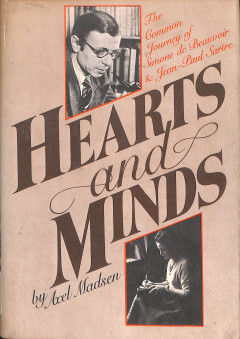
Hearts and Minds
- Edisi
- -
- ISBN/ISSN
- -
- Deskripsi Fisik
- -
- Judul Seri
- -
- No. Panggil
- 928.41-Madsen-h
- Edisi
- -
- ISBN/ISSN
- -
- Deskripsi Fisik
- -
- Judul Seri
- -
- No. Panggil
- 928.41-Madsen-h
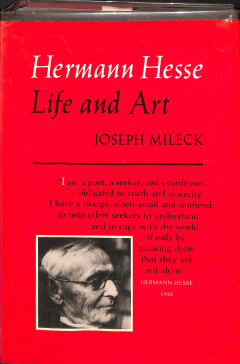
Hermann Hesse: Life and Art
- Edisi
- -
- ISBN/ISSN
- 0-520-03351-5
- Deskripsi Fisik
- -
- Judul Seri
- -
- No. Panggil
- 928.31-HESSE-h
- Edisi
- -
- ISBN/ISSN
- 0-520-03351-5
- Deskripsi Fisik
- -
- Judul Seri
- -
- No. Panggil
- 928.31-HESSE-h
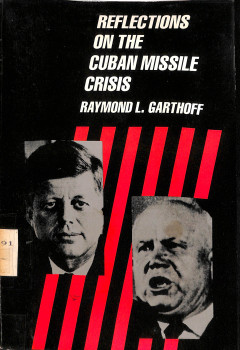
Reflections On The Cuban Missile Crisis
Twenty-five years have passed since the nuclear standoff between Khrushchevand Kennedy in 1962.
- Edisi
- -
- ISBN/ISSN
- -
- Deskripsi Fisik
- -
- Judul Seri
- -
- No. Panggil
- 972.91-Gar-r
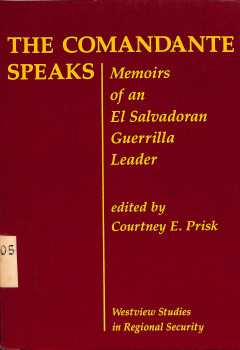
The Comandante Speaks
Miguel Castellanos abandoned his leading position in the FMLN in 1985, rejecting its pursuit of the violent overthrow of the El Savadoran government.
- Edisi
- -
- ISBN/ISSN
- -
- Deskripsi Fisik
- -
- Judul Seri
- Memoirs Of An El Salvador Guirrilla Leader
- No. Panggil
- 972.8405-Pri-c

The History of the Peloponnesian War
- Edisi
- -
- ISBN/ISSN
- -
- Deskripsi Fisik
- -
- Judul Seri
- -
- No. Panggil
- 938.05-Liv-t
- Edisi
- -
- ISBN/ISSN
- -
- Deskripsi Fisik
- -
- Judul Seri
- -
- No. Panggil
- 938.05-Liv-t
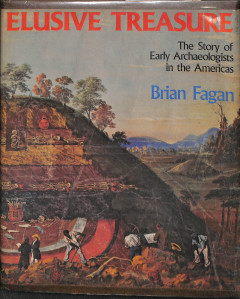
Elusive Treasure
This book is an attempt to distill a narrative from the enormous body of literature on the major controversies of American archaeology from the time of the conquistadores to about 1900.
- Edisi
- -
- ISBN/ISSN
- -
- Deskripsi Fisik
- -
- Judul Seri
- -
- No. Panggil
- 970-Fag-e
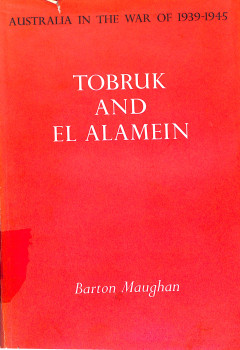
Australia In The War 1939-1945 Tobruk And El Alamein
- Edisi
- -
- ISBN/ISSN
- -
- Deskripsi Fisik
- -
- Judul Seri
- -
- No. Panggil
- 940-Mau-a
- Edisi
- -
- ISBN/ISSN
- -
- Deskripsi Fisik
- -
- Judul Seri
- -
- No. Panggil
- 940-Mau-a

From slavery to freedom: a history of American Negroes
- Edisi
- -
- ISBN/ISSN
- -
- Deskripsi Fisik
- -
- Judul Seri
- -
- No. Panggil
- 970-Fra-F
- Edisi
- -
- ISBN/ISSN
- -
- Deskripsi Fisik
- -
- Judul Seri
- -
- No. Panggil
- 970-Fra-F
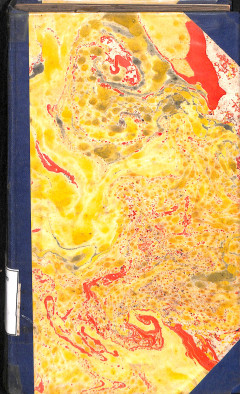
Geschiedenis Van De Vvereenigde Staten
De European zal in de Vereenigde Staten niets aantreffen, oft is nieuw en onbekend voor zijn maatschappelijk leven.
- Edisi
- -
- ISBN/ISSN
- -
- Deskripsi Fisik
- -
- Judul Seri
- -
- No. Panggil
- 970-HIL-G

The Naval History of the World War
- Edisi
- -
- ISBN/ISSN
- -
- Deskripsi Fisik
- -
- Judul Seri
- -
- No. Panggil
- 940-Fro-n
- Edisi
- -
- ISBN/ISSN
- -
- Deskripsi Fisik
- -
- Judul Seri
- -
- No. Panggil
- 940-Fro-n
 Karya Umum
Karya Umum  Filsafat
Filsafat  Agama
Agama  Ilmu-ilmu Sosial
Ilmu-ilmu Sosial  Bahasa
Bahasa  Ilmu-ilmu Murni
Ilmu-ilmu Murni  Ilmu-ilmu Terapan
Ilmu-ilmu Terapan  Kesenian, Hiburan, dan Olahraga
Kesenian, Hiburan, dan Olahraga  Kesusastraan
Kesusastraan  Geografi dan Sejarah
Geografi dan Sejarah